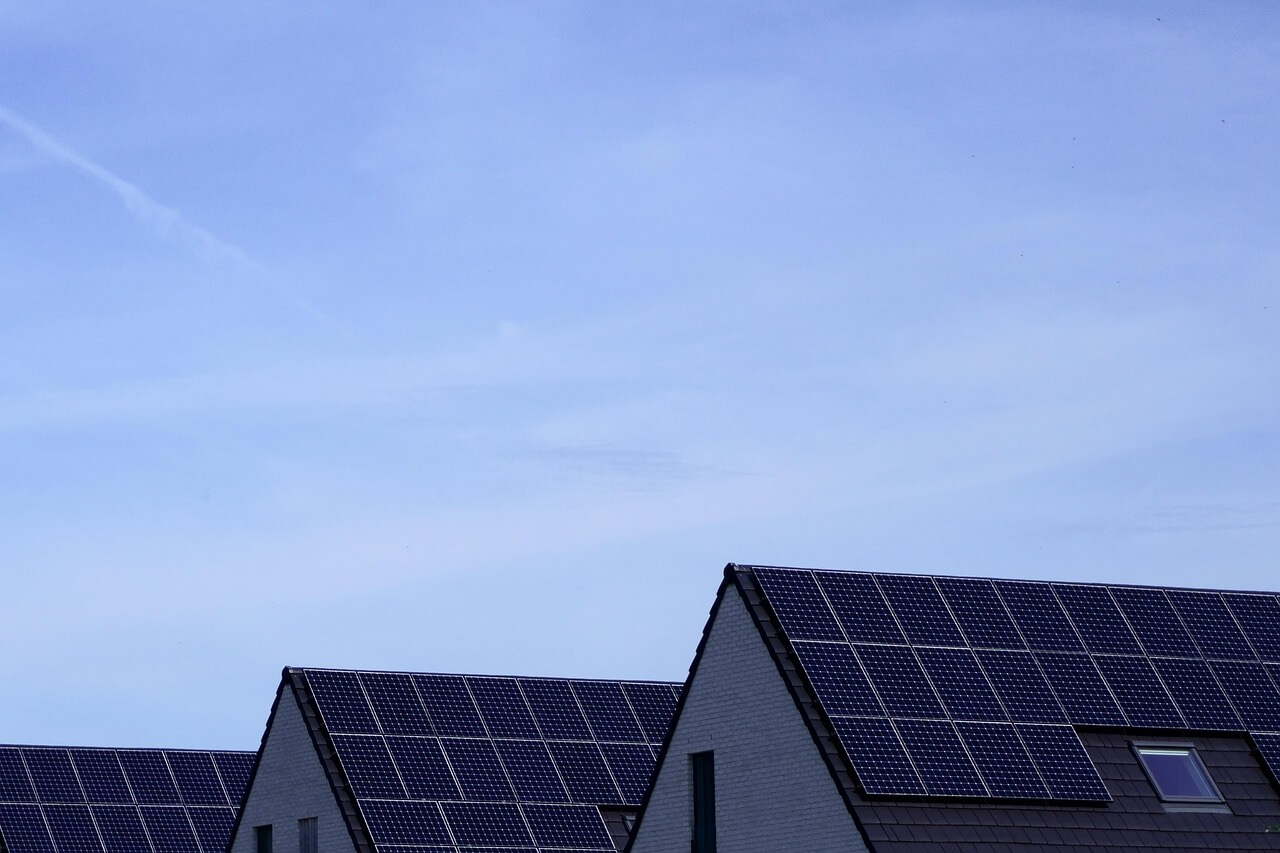Recently, the General Administration of Customs released the import and export data for inverters in September 2024. According to the customs data, in September 2024, the export volume of inverters was 4.2955 million units, up 9.9% YoY, down 18.8% MoM; the import volume was 256,500 units, up 37.7% YoY, up 36% MoM. From January to September 2024, the cumulative export volume was 40.0432 million units, down 3.3% YoY.
By province:
Zhejiang's cumulative export was 1.865 million units, up 7.5% YoY, down 29.7% MoM, with major companies including Ginlong, Deye, Hoymiles, APsystems, and Solax;
Guangdong's cumulative export was 1.401 million units, up 1.7% YoY, down 11.5% MoM, with major companies including Huawei, Growatt, Sofar, Kstar, and Hopewind;
Jiangsu's cumulative export was 240,800 units, down 12% YoY, down 23.9% MoM, with major companies including GoodWe, Sineng Electric, and Aiswei;
Anhui's cumulative export was 46,500 units, down 64.3% YoY, down 39.8% MoM, with major companies being Sungrow's domestic base and GoodWe's Guangde factory.
By country, in September 2024, inverters were exported to a total of 193 countries and regions. Exports to Europe totaled 887,400 units (20.7%), down 23.3% MoM. Exports to Africa totaled 1.072 million units (25%), down 22.9% MoM. Exports to the Middle East market totaled 563,000 units (13.1%), down 4.9% MoM. Exports to the Asian market totaled 1.6508 million units (38.4%), down 12.5% MoM. The top 10 countries accounted for 1.6038 million units (37.3%).
The top five export destinations were the US, the Netherlands, Senegal, Togo, and Germany. In September, exports to the US were 332,800 units, up 2.8% MoM, down 3% YoY; exports to the Netherlands were 276,500 units, down 19.9% MoM, down 17% YoY; exports to Senegal were 159,700 units, down 18.3% MoM, up 19.5% YoY; exports to Togo were 137,800 units, up 57.5% MoM, up 109.7% YoY; exports to Germany were 131,400 units, down 16.5% MoM, down 41% YoY.
In September 2024, inverter export volume saw a significant decline. The demand for inverters mainly comes from overseas markets, which hit a low point at the end of Q3. This decline in export volume is related to factors such as frequent extreme seasonal weather, inventory backlog in channels, and project grid connection pace. The European market saw a temporary slowdown in project progress due to the summer break, leading to a decrease in procurement demand, which in turn reflected in a MoM decrease in inverter export volume. The inventory backlog caused by weak demand made channel procurement more cautious. The Asian market saw a decline in import volume in South Asia due to seasonal factors, with the rainy season and typhoon weather causing project delays and postponing grid connection expectations, thereby weakening the demand for inverters. Markets like India and Saudi Arabia experienced varying grid connection paces for ground projects, with most expected to be completed in Q1, leading to a monthly decline in import volume starting from Q3, with an upward trend expected in Q4. The Latin American and African markets also faced inventory backlog issues. The uneven impact of project shipment demand played a larger role in this export volume decline, and the overall export volume in Q4 is expected to still be affected by this.

![[SMM PV News] Armenia Hits 1.1 GW Solar Capacity,](https://imgqn.smm.cn/usercenter/qQwIB20251217171741.jpg)
![Spot Market and Domestic Inventory Brief Review (February 5, 2026) [SMM Silver Market Weekly Review]](https://imgqn.smm.cn/usercenter/tSwaX20251217171735.jpg)
